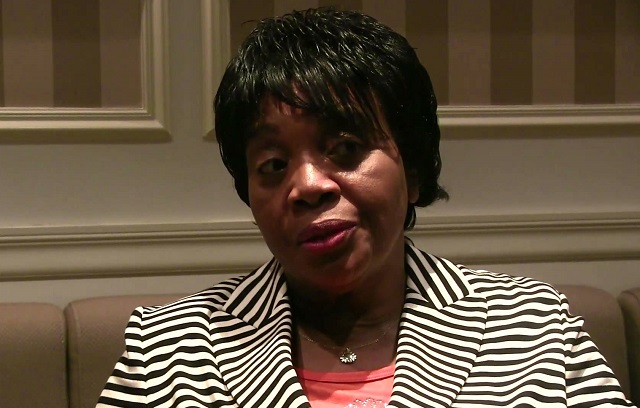EDITORIAL COMMENT: Thorough graft probe required to secure conviction

The Judicial Service Commission is setting up anti-corruption courts in all the country’s 10 provinces to expeditiously deal with graft. The JSC under its expansion and access to justice programme, is also setting up a commercial court.
Officially opening the 2018 legal year at the Bulawayo High Court on Monday, Judge of the Constitutional Court and Supreme Court, Justice Elizabeth Gwaunza said the setting up of the specialised courts was in line with the ideals of the new political dispensation. She said the courts are expected to be operational in the first quarter of this year.
Justice Gwaunza said in his inaugural speech after being sworn in, President Emmerson Mnangagwa said Government will have zero tolerance on corruption. She said the setting up of the specialised courts was therefore meant to complement Government efforts to eliminate corruption by expeditiously dealing with corruption cases brought before the courts. She said once the specialised courts become operational, the JSC will be able to dispose of corruption cases quickly and efficiently.
We want to commend the JSC for taking such a giant stride in fighting graft. They say justice delayed is justice denied. The new courts should enable the JSC to clear the backlog of corruption cases and drastically reduce the waiting period of those awaiting trial for graft.
Those involved in investigating corruption cases should be thorough and follow due process to enable the wheels of justice to move faster.
We totally agree with the Information, Media and Broadcasting Services Permanent Secretary, Mr George Charamba that investigators handling corruption cases should be thorough and follow due process in handling such cases.
Mr Charamba said some cases have collapsed spectacularly in court because investigators rushed to court without doing a thorough job. He said it was unfortunate that at times society tends to measure the impact of cracking down on corruption through numerical value of arrests.
“Let’s not be excited, let’s follow due process, effect appropriate charges and of course secure appropriate convictions and pass sentences,” he said. Mr Charamba said securing convictions and passing sentences will send a very clear message to would be offenders that corruption is not tolerated.
He said it was crucial to ensure that those that have strayed from the path of righteousness are brought to book through due process. Mr Charamba said it was not proper for those involved in investigations to approach suspects with handcuffs when there is no risk that the suspects would run away.
The Zimbabwe Anti-Corruption Commission has in the past few weeks made several arrests of individuals that include former Government Ministers accused of corruption.
It is our fervent hope that the arrests were effected after thorough investigations and that due process was followed. It is a waste of time and resources if cases against the arrested individuals collapse in court.
The success of ZACC should therefore be measured not from the number of arrests but the number of convictions. We can only send a loud and clear message that corruption has no place in Zimbabwe if those arrested for graft are convicted and sentenced to serve jail terms.
We want at this juncture to implore ZACC investigators to take seriously concerns raised by Mr Charamba regarding the process of investigations and arrests. It is not proper to arrest to investigate but it should be investigations first and then arrest.











Comments